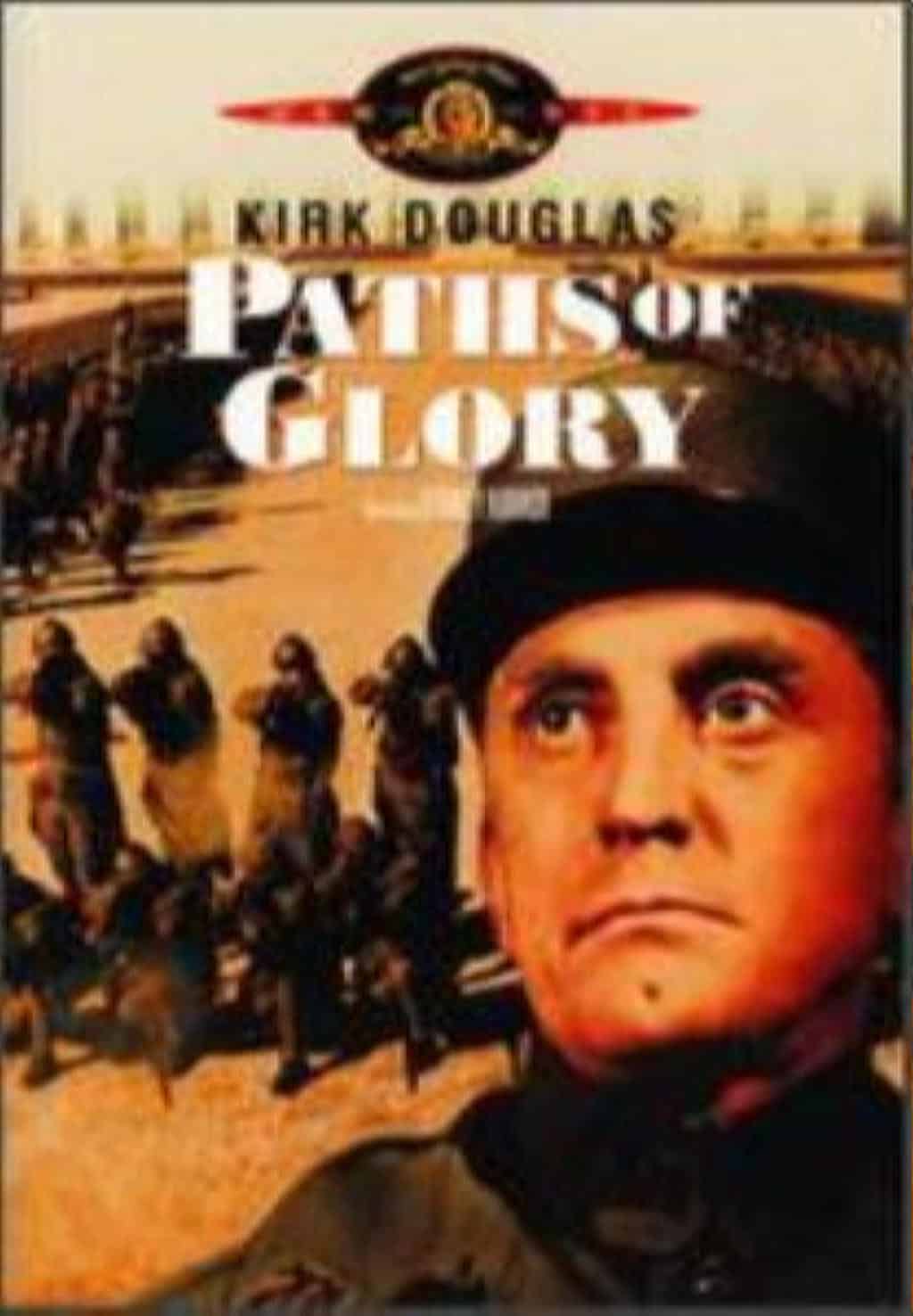 World War One on Film
World War One on Film
By John Pecoraro, Assistant Director
On October 15, 1917, alleged German spy Mata Hari was executed by a French firing squad. You can read a fictionalized account of Mata Hari’s life and death in “The Spy,” by Paulo Coelho. 1917 also marked the United States entry into the Great War. While many movies have been made about World War 1, several stand out as classics.
“All Quiet on the Western Front,” from 1930, directed by Lewis Milestone. Also remade as a movie for television in 1979, starring Richard Thomas (John Boy Walton). The movie, like Erich Maria Remarque’s novel, tells the story of Paul Baumer and his journey from a youthful student patriot to a disillusioned, worn-out soldier who has grown old before his time.
“Paths of Glory,” 1957, directed by Stanley Kubrick, and based on the novel by Humphrey Cobb. This film is a devastating comment on the politics of war. During the third year of the Great War, The French General Staff sends orders for what amounts to a suicide mission. The troops advancing to take the Ant Hill are slaughtered, and do not take the objective. General Mireau cries cowardice and demands the arrest and execution of three soldiers as an example to the rest of the troops. Colonel Dax, who led the charge, acts as defense attorney, but the fate of the unfortunate soldiers is already set.
Executions of soldiers for cowardice, desertion, and disobeying orders were not uncommon. During World War One, the French Army executed over 600 of its own. The armies of the British Commonwealth executed 306; the German Army 18; and the United States Army none.
“Gallipoli,” 1981, directed by Peter Weir. Gallipoli follows two idealistic young friends, Frank and Archy, who join the Australian army during World War I, and fight at the Battle of Gallipoli in Turkey. The first half of the film concerns the lives of Frank and Archy in Australia. The second half of the movie chronicles the ill-fated and ill-planned battle, where the Australian and New Zealand Army Corps is hopelessly outmatched by the enemy forces. The British Commonwealth forces suffered over 160,000 casualties during the battle.
“Sergeant York,” 1941, directed by Howard Hawks. A rabble-rouser in his youth, Alvin York has a conversion experience that makes him a pacifist, seeking conscientious objector status when he is drafted into the Army. During basic training, he has a second conversion, convinced by his commanding officer that sometimes violence is the only way to defend democracy. York goes on to become the most decorated hero of World War 1.
“The Lost Battalion,” 2001, directed by Russell Mulcahy. The true story of the men of the U.S. Army’s 77th Division, 308th Battalion. During the final days of the war, the battalion was surrounded by German troops in the Argonne Forest. Without food, water or reserve ammunition, and cut off from supply and communication lines, the battalion suffered under constant assaults and bombardments. They managed to hold off the enemy until they were finally rescued after five days of desperate action.
“The African Queen,” 1951, directed by John Huston. In this adaptation of the novel by C.S. Forester, Humphrey Bogart plays a hard-drinking river trader, and Katharine Hepburn portrays a prim missionary. These unlikely travel companions battle nature, a German gunboat, and each other on a river expedition in the war-torn African jungle of 1914.
“Lawrence of Arabia,” 1962, directed by David Lean. This film tells the story of T.E. Lawrence. A British officer assigned to Arabia during World War I, Lawrence unites the warring Arab tribes into a strong guerrilla front and leads them to victories in treacherous desert battlefields. They eventually defeat the ruling Turkish Empire.
“A Farewell to Arms,” 1932, directed by Frank Borzage. Gary Cooper portrays Lieutenant Frederick Henry in this adaptation of the novel by Ernest Hemingway. An ambulance driver in Italy, Henry is wounded, and falls in love with an English nurse, Catherine Barkley. As the war intrudes on their affair, Henry and Catherine escape to Switzerland. For a happy ending? Watch the movie or read the book to find out.
These and many move movies about World War 1 are waiting for you at the library. Also remember to check out the collection of movies on Hoopla. Hoopla is the library’s digital collection of hundreds of thousands of titles available for download all the time.

